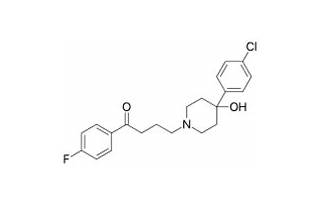AACN CCRN-Adult - CCRN (Adult) - Direct Care Eligibility Pathway
An older adult patient reports an inability to sleep due to staff waking the patient for frequent neurological assessments. In order to minimize sleep disruptions, the nurse should
A patient is recovering from CABG surgery. On postoperative day 3, the patient's laboratory values indicate thrombocytopenia and elevated liver function tests. The patient is scheduled for hemodialysis today. A nurse notifies the physician of the abnormal laboratory values. The nurse should next anticipate an order to
Which of the following suggests acute peripheral arterial insufficiency?
For a patient who sustained blunt renal trauma and a crush injury to the leg, monitoring should include observing for
A patient is receiving therapeutic hypothermia post-cardiac arrest. Which of the following orders should a nurse clarify?
A terminally ill patient is deteriorating. The patient's family states, "We don't want him to suffer any more." The most appropriate response is
A common problem in patients with third-degree AV block is
A patient underwent bariatric surgery for weight loss 3 days ago. The patient appears anxious, restless, and reports increased abdominal pain over the last 24 hours. The nurse palpates mild subcutaneous crepitus over the neck. Vital signs are:
BP 106/64
HR 128
RR 27
T 100.4° F (38°C)
Which action should the nurse anticipate?
After the administration of haloperidol (Haldol), a nurse should monitor closely for
Examination of a patient exhibiting Kernig's and Brudzinski's signs indicates which of the following?



 Haloperidol
Haloperidol